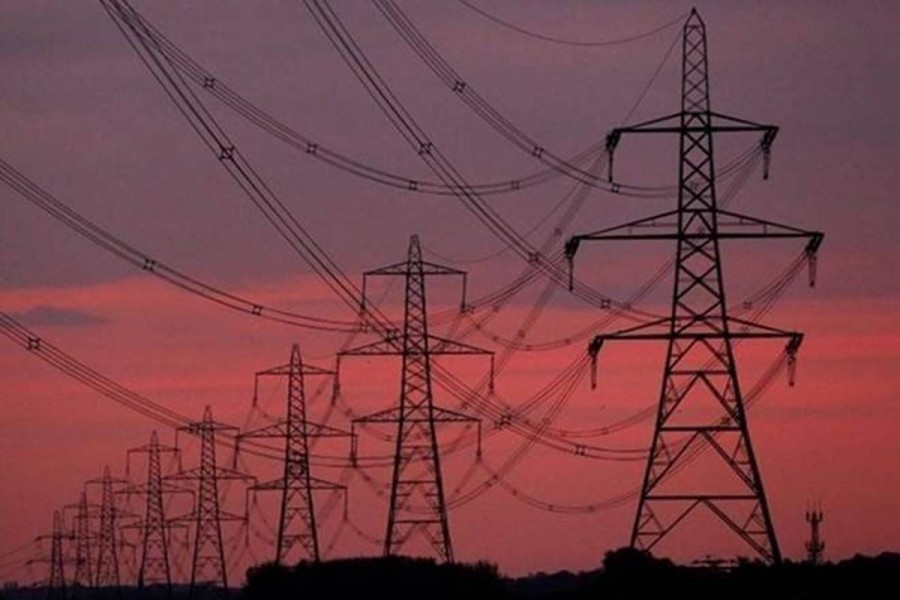The tenure of the Speedy Supply of Power and Energy (Special Provision) (Amendment) Act 2010 is set to be extended again by five more years until October 2026.
A bill over the extension of the special law is expected to be placed in the Jatiyo Sangsad (JS) today (Tuesday), when its session is set to resume after a 10-day hiatus.
The law allows a sweeping authority to bypass existing legislation in the energy and power sectors for quick implementation of projects.
The law is required to be extended to ensure supply of reliable, affordable and uninterrupted power and energy to users, Nasrul Hamid, state minister for the Ministry of Power, Energy and Mineral Resources, told newsmen on Monday.
The countrymen are already having benefits of the law, which was enacted over a decade ago in 2010, he said.
The country's overall electricity generation was around 3,000 megawatts (MW) in 2009, which reached around 25,000 MW with the help of the act.
The selection process of project awardees under the special law was transparent, and no question could yet be raised of such projects numbering around 65, noted Mr Hamid.
The special law was first enacted in October 2010. It was extended for the first time by two years until October 11, 2014.
The law was further extended by four years until October 11, 2018. It later got a three-year extension until October 2021.
Under the law, all types of power and energy projects, including the import of natural gas, coal, LNG and petroleum products, as well as the extraction of mineral resources, can be implemented quickly - without the usual tendering process.
Electricity generation, transmission and distribution projects are also covered under the Act.
The legislation states that any activity which comes under its purview, or any official or employee implementing such activities cannot be subject to any legal challenge.
The law allows the parties interested in power and energy projects to enter into contracts through negotiations with a special committee.
The committee comprises top officials of the energy ministry and the state-owned power end energy entities.


